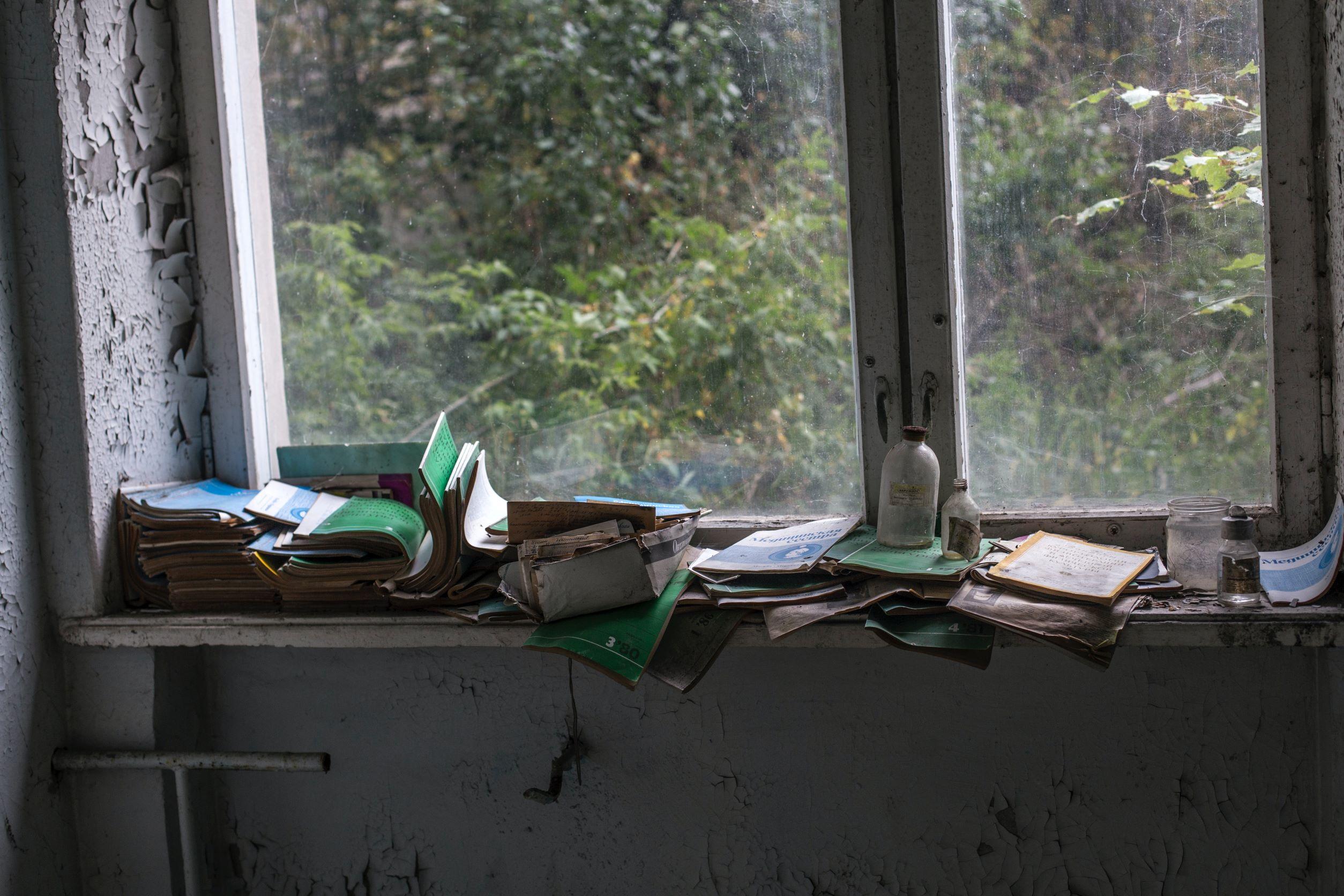Self Neglect and Hoarding
Self Neglect: what you need to know - The Basics

Self-neglect can take many different forms and may be the result of complex physical, mental, psychological and environmental factors; it can affect both adults with and without the mental capacity to understand the consequences of the way they live their life.
The adult may not see their self-neglect as a problem in the same way others do; they may disagree that anything needs to change and so reject offers of help. On the other hand, the adult may feel they have little or no control over the circumstances they live in and feel deep shame for the way they or their home presents. Worrying about how professionals will react may cause the adult to avoid contact. Self-neglect can have a serious negative effect on the wellbeing and safety of other people as well as the adult. Self-neglect can also occur as a result of other adults preventing access to, not co-operating with, or not engaging with services. In Birmingham such a case contributed to the circumstances that led to the death of an adult with care and support needs. It can be hard to understand why someone self neglects or lives in a way so different from what others do.
Workers often face ethical dilemmas between respecting the wishes and choices of the adult, and their duty of care towards the person and others around them. Because each adult's situation is different, what might have helped support one person with their self-neglect may not be effective with another and no guidance can tell you what the right thing to do will be in every case. Early coordinated interventions from a range of partners working together with the adult, to assess needs and find solutions, can help prevent problems from developing to the point where intrusive statutory actions may be necessary.

